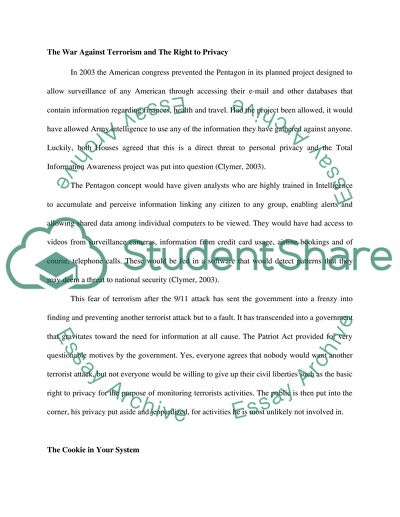Cite this document
(The Communication Revolution, Entertainment, and The Arts Essay, n.d.)
The Communication Revolution, Entertainment, and The Arts Essay. https://studentshare.org/information-technology/1550134-the-communication-revolution-entertainment-and-the-arts
The Communication Revolution, Entertainment, and The Arts Essay. https://studentshare.org/information-technology/1550134-the-communication-revolution-entertainment-and-the-arts
(The Communication Revolution, Entertainment, and The Arts Essay)
The Communication Revolution, Entertainment, and The Arts Essay. https://studentshare.org/information-technology/1550134-the-communication-revolution-entertainment-and-the-arts.
The Communication Revolution, Entertainment, and The Arts Essay. https://studentshare.org/information-technology/1550134-the-communication-revolution-entertainment-and-the-arts.
“The Communication Revolution, Entertainment, and The Arts Essay”. https://studentshare.org/information-technology/1550134-the-communication-revolution-entertainment-and-the-arts.


